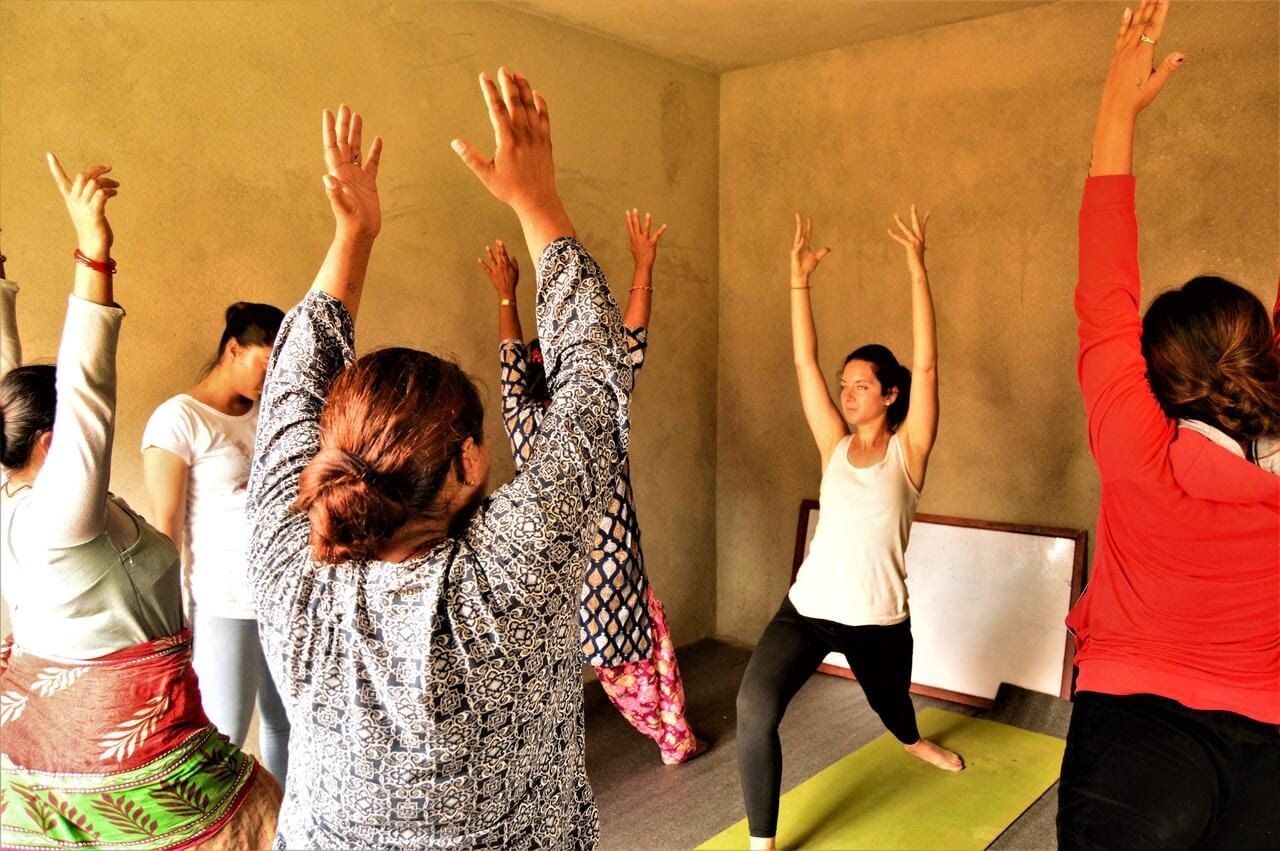Physical activity: “A vector for self-fulfillment beyond physical effort”
Sport is often seen as a way of keeping fit, but it plays a much wider role in our well-being. In this article, we explore the impact of sport on our health and mental health.
Physical activity: a public health issue
Physical activity is defined as “any bodily movement produced by skeletal muscles that requires energy expenditure” (WHO). Regular physical activity has a positive impact on health, while a sedentary lifestyle has a negative impact on the general health of the population and on the prevalence of non-communicable diseases (hypertension, cardiovascular disease, diabetes, etc.).
The WHO recommendations are aimed at all ages, all genders, all socio-economic statuses and all abilities. [1]
It is recommended that children and teenagers (aged 5/17) get an average of 60 minutes of physical activity a day. The benefits of daily physical activity include “improved physical fitness, cardio-metabolic health, bone condition, cognitive performance, mental health and reduced adiposity”.
For adults (aged 18/64), it is recommended that they engage in at least 150 to 300 minutes of moderate-intensity physical activity or 75 to 150 minutes of high-intensity physical activity. The benefits for adults are “an improvement in all-cause mortality, cardiovascular disease mortality, incident hypertension, certain cancers, type 2 diabetes, mental health, cognitive health and sleep, and measures of adiposity”.
For the elderly (aged 65 and over), it is recommended that they take part in at least 150 to 300 minutes of moderate-intensity activity, or at least 75 to 150 minutes of high-intensity activity. The benefits for the elderly are the same as for the adult age group, but it also helps “to prevent falls and associated injuries, decline in bone condition and functional capacity. Physical activity helps to maintain the body’s mobility and functionality, thereby reducing the risk of dependency and improving independence”.
One of the advantages of physical activity is the diversity of possibilities it offers, enabling everyone to find an activity that suits them.
The benefits of sport for mental health
Physical activity is seen as a way of preventing the development of mental health problems and improving the quality of life of people suffering from mental illness.
Physical activity influences the brain through neurobiological mechanisms that modify mood, emotions and cognition. During physical activity, our brain releases endorphins. Endorphins are defined as a natural analgesic, helping to reduce the perception of pain and producing a sensation of pleasure. Endorphins therefore contribute to a feeling of well-being. Our brain produces two neurotransmitters that are involved in regulating mood and happiness: dopamine and serotonin. The study by Kuron et al. (2018) shows that when we engage in physical activity the levels of these neurotransmitters increase, leading to better mood regulation and a feeling of happiness. In addition, physical activity helps to regulate the production of cortisol, which is the stress hormone.
Physical activity has been shown to have a positive effect on our psychological state, reducing symptoms of anxiety, depression and stress. It improves sleep quality and emotional management. Exercising outdoors allows you to enjoy the benefits of nature and the sun, improving your mood and regulating your circadian rhythm.
The study by Blumenthal et al (2007) assessed whether aerobic training at home or in a supervised setting had comparable results to antidepressants in terms of reducing depression. The results indicate that the effects of exercise in a patient suffering from severe depression are comparable to patients treated with antidepressants. [2] Herring, O’Connor and Dishman (2010) carried out a systematic review on the effects of physical training on anxiety symptoms with patients suffering from a chronic illness. They showed that patients who took part in physical training significantly reduced their anxiety symptoms. Physical training reduces anxiety symptoms in sedentary patients with chronic illness. [3]
These studies show that physical activity helps to improve mental health. Whether it’s depression or anxiety, but it can also help to improve emotional management. By improving mood in the short term and influencing stress management. Exercise increases resistance to stress because it helps the body to react better to stressors by strengthening physiological and mental resilience.
Regular exercise is an essential part of maintaining good health. On a physical level, sport improves physiological health and strengthens the immune system, enabling the body to defend itself more effectively. Mentally, sport helps to reduce stress, anxiety, depressive symptoms and mood/emotion management. Making sport a regular part of your daily routine is an essential part of leading a harmonious and fulfilling life, with lasting benefits for both your physical and mental health.
Reference
- WHO guidelines on physical activity and sedentary behaviour: at a glance. Geneve : World health organization; 2020.
- Blumenthal, J. A., Babyak, M. A., Doraiswamy, P. M., Watkins, L., Hoffman, B. M., Barbour, K. A., Herman, S., Craighead, W. E., Brosse, A. L., Waugh, R., Hinderliter, A., & Sherwood, A. (2007). Exercise and pharmacotherapy in the treatment of major depressive disorder. Psychosomatic medicine, 69(7), 587–596. https://doi.org/10.1097/PSY.0b013e318148c19a
- Herring, M. P., O’Connor, P. J., & Dishman, R. K. (2010). The effect of exercise training on anxiety symptoms among patients: A systematic review. Archives of Internal Medicine, 170(4), 321–331. https://doi.org/10.1001/archinternmed.2009.530


 Member of
Member of